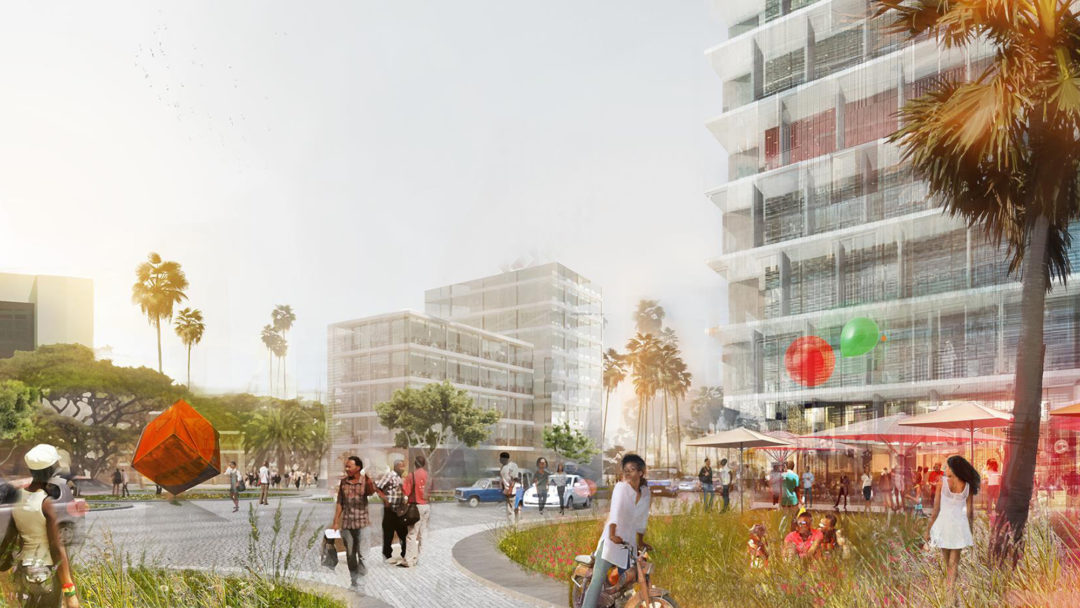Continuing population growth and urbanisation will add 2.5 billion people to the world’s urban population by 2050, with nearly 90 per cent of the increase concentrated in Asia and Africa. Today, around 40 per cent of Africans are urban dwellers, about 500 million people, but in the next few decades this number will swell to over 1.4 billion. The African Development Bank estimates that two-thirds of the investments in urban infrastructure to 2050 have yet to be made. The decisions taken now will affect generations of urban dwellers well into the 21st century, especially in Sub-Saharan Africa where the majority of urban development is informal and unplanned.
Currently, the development of cities in Sub-Saharan Africa is only minimally embedded in a reconfiguration of economies and geographies of production and industrialisation, as was the case in China and East Asia. Nor, with a few exceptions, is the explosion in real estate and large-scale development grounded in extractive economies. By and large, the current development of African cities is grounded in a combination of state interventions and the expansion of commodity markets, which created indigenous business classes who are now investing in the built environments of their countries and cities.
Considering these underlying conditions, the 2018 Urban Age conference will investigate and debate development trajectories for key Sub-Saharan African cities, including Addis Ababa, Lagos, Nairobi, Kampala, Accra, and Cape Town alongside corresponding cases from the Indian Subcontinent and South-East Asia. Discussions will be structured around the following interlinked policy issues: economic development, productivity and urban form; housing and social inclusion; urban accessibility, transport and technology; and urban governance and infrastructure development.
Holding the conference in Addis Ababa considers the city as both a relevant and an exceptional case study in understanding trajectories of urban development. Like many other cities on the African continent, it has witnessed a remarkable transformation in recent decades. Addis Ababa’s urban development is a demonstration of the national government’s unprecedented commitment to plan and transform the city through investments in transport, infrastructure, housing and real estate, combined with policies that target the economic bases and spatial organisation of urbanisation, including those concerned with industrialisation and relations with secondary cities.





